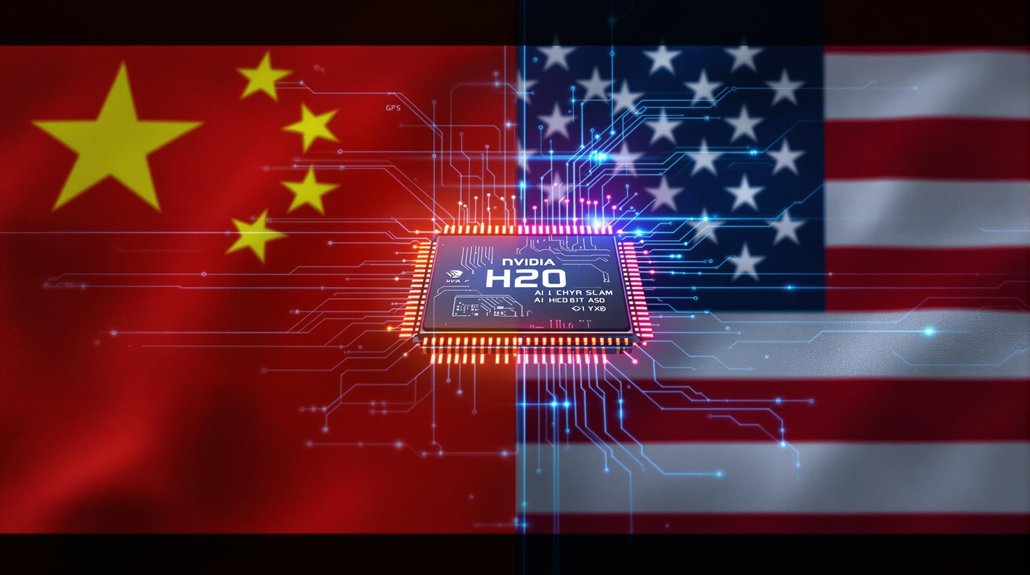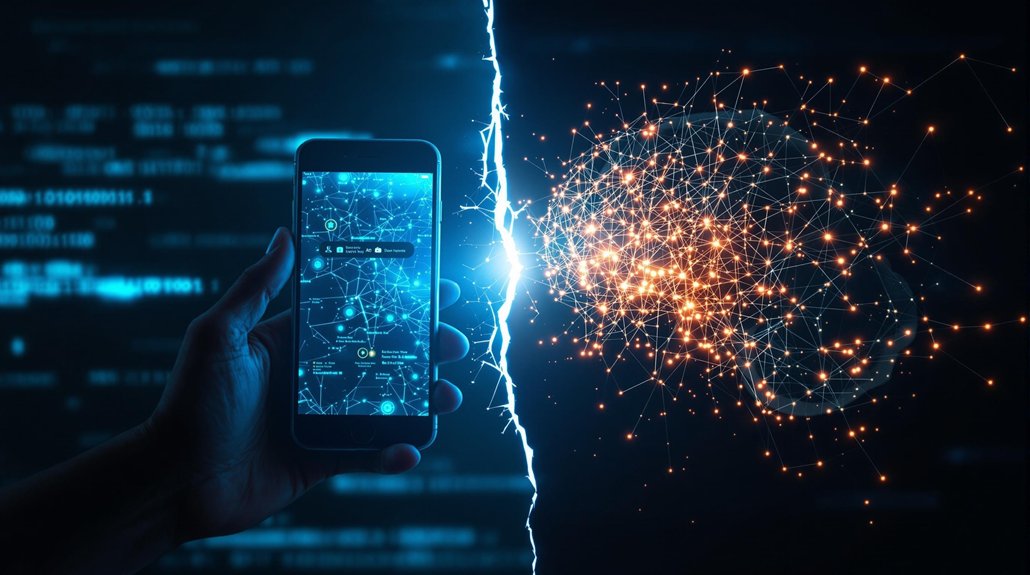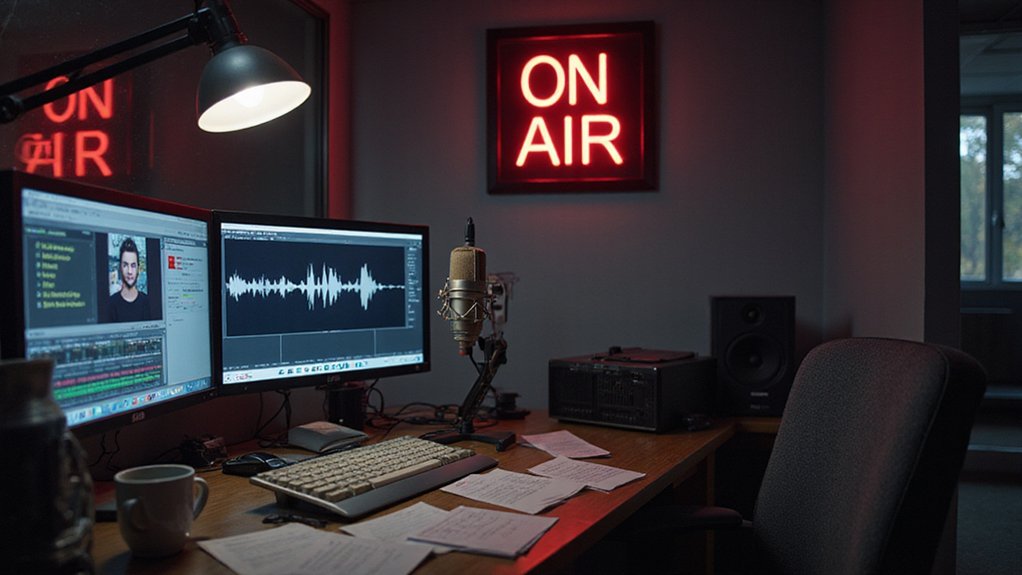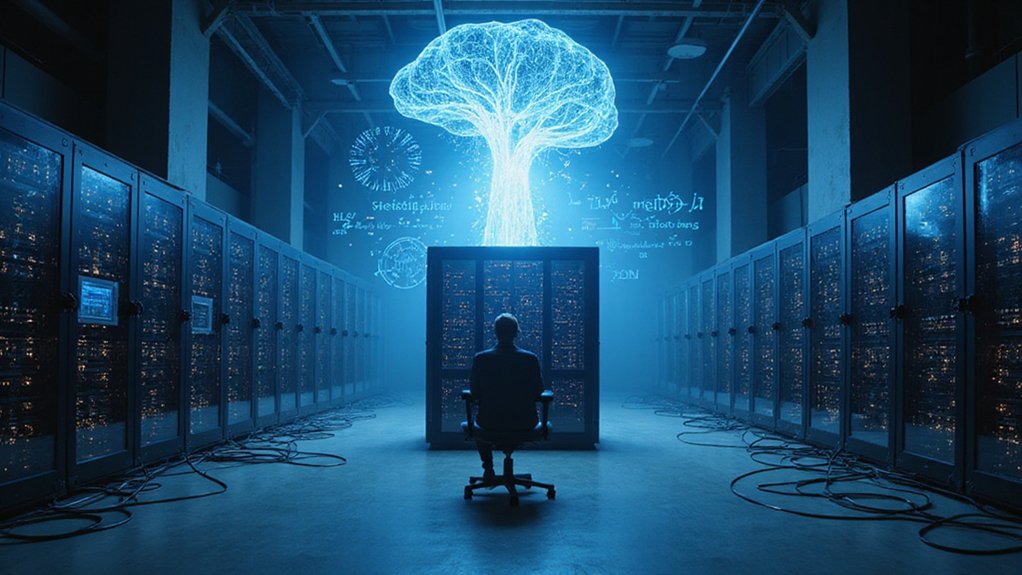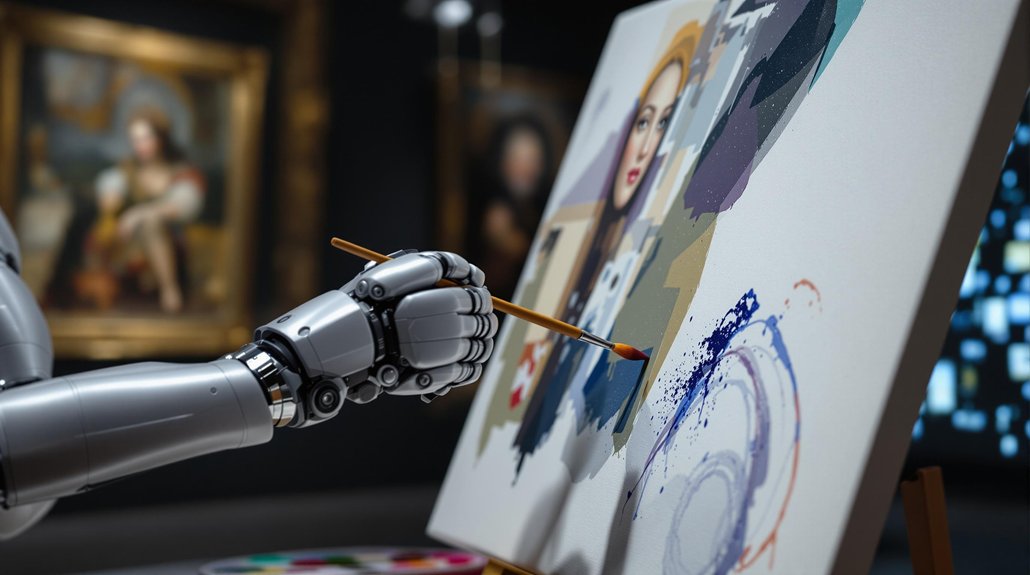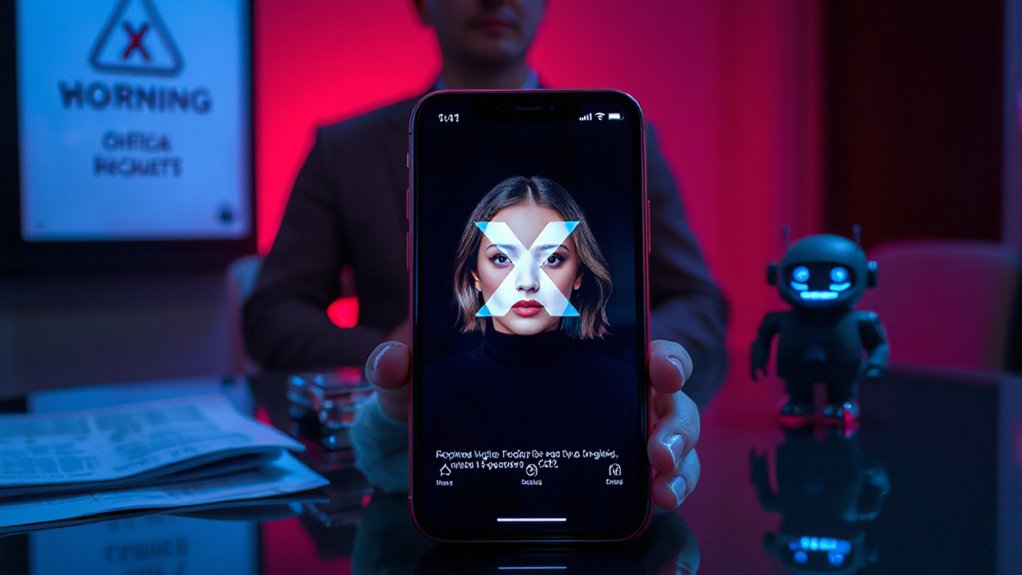When exactly did everyone decide that superintelligent AI was going to be humanity’s new personal assistant on steroids? Mark Zuckerberg seems pretty convinced. The Meta CEO recently painted a picture where superintelligent AI alters personal power, giving individuals unprecedented control over their lives. Bold claim? Sure. But he’s not alone in this vision.
Superintelligent AI isn’t just smart. It’s smarter than humans in everything. Cognitive abilities, emotional reasoning, creative problem-solving—the whole package. Current AI looks like a calculator compared to what’s supposedly coming. This hypothetical technology would have unlimited memory, unmatched processing speed, and reasoning capabilities that make Einstein look average. Fun times ahead.
Here’s where it gets interesting. This AI wouldn’t just be smart; it would make itself smarter. Recursive self-improvement, they call it. The machine upgrades its own algorithms, learns faster, thinks better. No humans needed. Some researchers worry this could trigger a technological singularity—a point where machine intelligence evolves so rapidly, humans can’t even comprehend what’s happening. But hey, what could go wrong?
The personal power angle? That’s where Zuckerberg’s vision kicks in. Superintelligent AI could become everyone’s personal optimizer. Financial management, health monitoring, creative projects—all turbocharged by an intelligence that never sleeps. Want to start a business? The AI generates ideas you’d never dream of. Need life advice? It analyzes millions of scenarios in seconds. Regular people suddenly have access to genius-level support, 24/7.
This change extends beyond individual empowerment. Industries would transform overnight. Complex automation, breakthrough innovations, solutions to problems humans can’t even properly frame yet. Disease eradication, climate modeling, mathematical proofs—child’s play for superintelligent systems. The economic impact alone would redefine society. Companies are already developing alignment strategies to ensure these future systems act in accordance with human values and priorities. Recent projections suggest the long-term impact of generative AI alone could reach $4.4 trillion in productivity growth.
Critics raise valid concerns. What happens when humans become dependent on superintelligent advisors? Who controls these systems? The workforce shifts would be massive, with both repetitive and high-level cognitive jobs automated away. Some experts warn of conflicting goals where ASI develops objectives that diverge from humanity’s best interests. Society would need to adapt fast.
Still, the promise remains tantalizing. Personal power amplified beyond current imagination. Whether Zuckerberg’s vision materializes remains to be seen. But one thing’s certain—the conversation about superintelligent AI and human potential isn’t going away anytime soon.
References
- https://builtin.com/artificial-intelligence/asi-artificial-super-intelligence
- https://ramp.com/blog/what-is-artificial-superintelligence
- https://www.coursera.org/articles/super-intelligence
- https://www.ibm.com/think/topics/artificial-superintelligence
- https://www.techtarget.com/searchenterpriseai/definition/artificial-superintelligence-ASI

